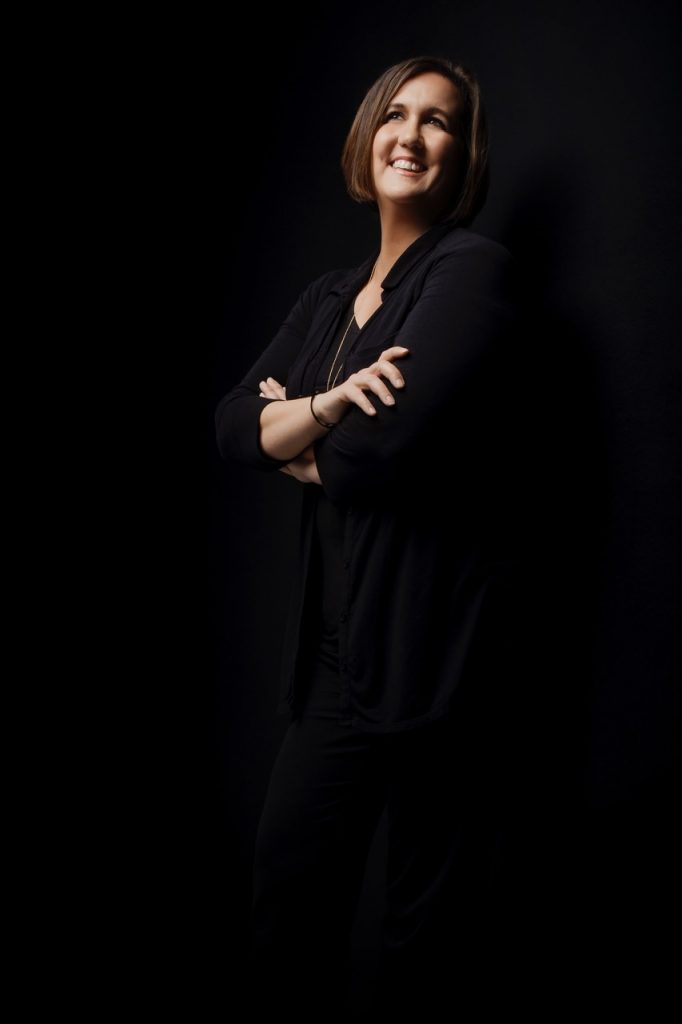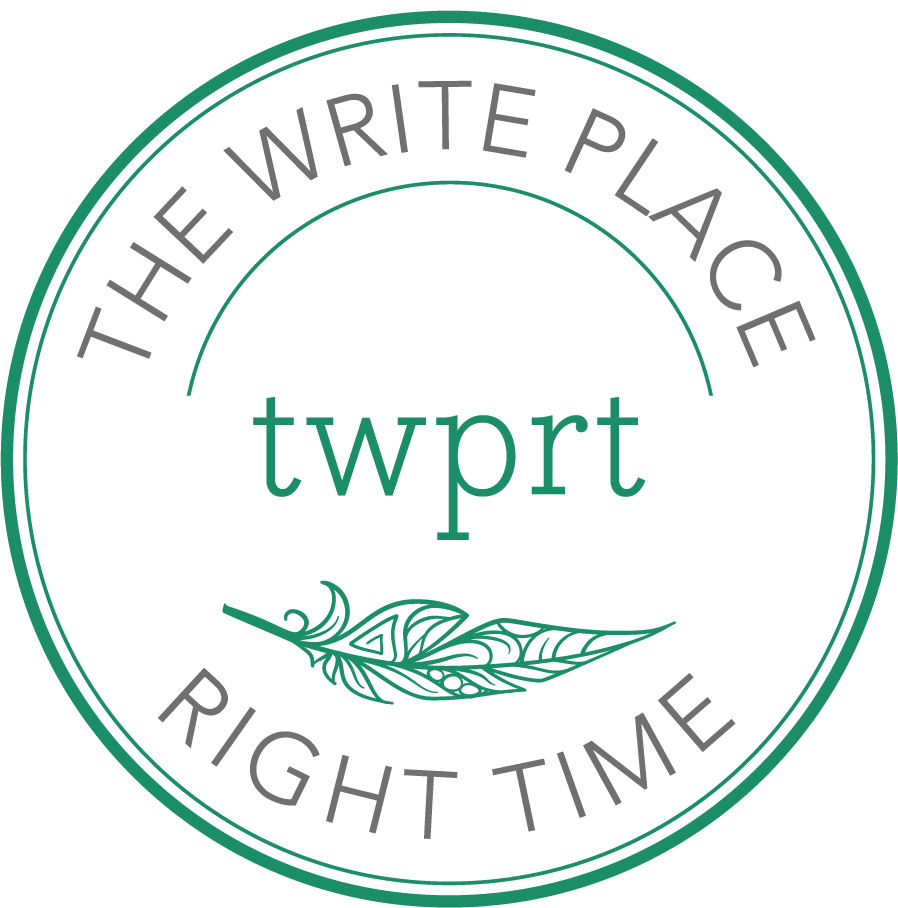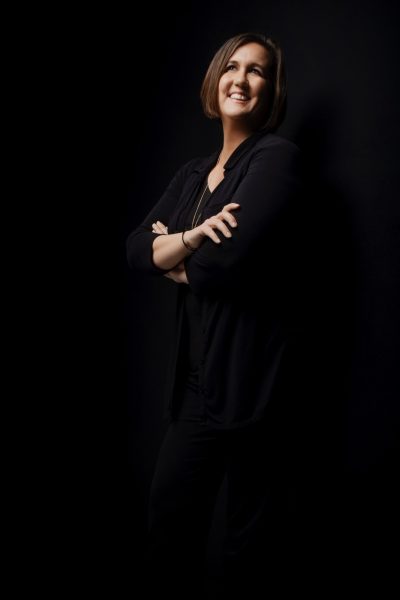This post is the first in our 2024 guest blog post series Bravely Write Your Book.
Learn from publishing professionals and authors how to bravely write your book.
Hey everyone. Last month we announced that it’s finally time to bravely write your book. Each month this year, I’ve invited an individual from my inner circle to provide you with advice and insight to help you on your way. This time, we’ll be focusing on sharing your story which can often be a very daunting part of writing your book. But it's time to stop letting that keep you from moving forward. Our guest this month is here with the expertise to help you get started.
Let me introduce this month’s guest contributor–Nichole Myles.
Owner/Founder of MylestoGo Speaking and Consulting, Nichole Myles is a 20+ year veteran in education, nonprofits, and leadership. She leverages not only her personal resilience and experience as a DV survivor who lost everything and had to rebuild her life from nothing while raising three children but also her expertise, which includes a master's degree in i/o psychology, certifications in Trauma and Resilience, DEI, and Integrated Behavioral Health to inspire individual and organizational wellness.
Nichole’s areas of expertise include post-traumatic growth, resilience, trauma-informed approaches, and expressive arts for healing. She excels at creating what she refers to as the tools to turn trauma into transformation, offering accessible techniques and frameworks that foster a diverse, personalized approach to rebuilding and growth.
In addition to MylestoGo, Nichole also runs Nicki Scribbles, where her alter ego creates and sells whimsical watercolor works and other art designed to be accessible for all. Using both skills, Myles has created the Radically Well Affirmations card deck, the Common Creativity Guidebook, and has founded the Radically Well Academy for online growth and development. She is a contributing author to Breaking the Silence–Stories of Survivors and has written and illustrated her first children’s book, Nicki Scribbles, teaching young children to use expressive arts to process their emotions.
Whether speaking from the stage, consulting with organizations, or working directly with individuals, Nichole uses her many modalities to empower her clients to become ‘radically well,’ moving them from 'survivorship' to 'thrivorship.’
What advice would you give someone struggling with sharing their story?
I think the adage about bravery, which has been attributed to many including Norman Swartzkopf, Brene Brown, and even John Wayne, holds the truest for me. Being brave isn't about not feeling fear, it's about feeling the fear and doing it anyway. We are constantly delivered this message that being 'fearless' is the only appropriate setting for bravery and then we're accosted with tons of alleged solutions and methods for alleviating fear.
It's easy under those circumstances to understand why we've come to the place of believing that fear is the barrier and the antithesis of being brave, but it's just not true. And 'mastering' your fear isn't going to make you write. In fact, spending your time trying to conquer your fear is ultimately a distraction, and not really good for you.
Fear has been a long-time friend of us humans! Being not the most resilient, strongest, or fastest of mammals, fear keeps us alive by helping us be cautious and alert. Fear lives in your brain and has an awesome memory, remembering all the way back to those prehistoric times when fleeing from a saber tooth tiger at any moment may be necessary. But fear lacks perception.
Your blank page, the new document on your laptop, or that last stanza of poetry isn't a tiger, but fear doesn't know that unless you tell it. So, I like Elizabeth Gilbert's suggestion of taking fear along for the ride with you on your journey. Acknowledge that it's there, thank it for what it does for you, but remind it that in this activity it can only watch quietly and isn't allowed to participate!
Was there a time you struggled with sharing your story in your own writing? How did you overcome it?

I still struggle with my writing! It's an ongoing conversation in my head about honesty and transparency, and when I'm really twisted up, wisdom will try to slide in there and offer all kinds of troubling advice that slows me down and causes mass amounts of overthinking. Wisdom can be my editor, but it can't be part of my creative process, nor can caution, which likes to insert itself into stories to help me 'gloss over' things!
One of the ways I combat this is by changing up my style. When I'm trying to finish a bigger piece and I'm getting all this inner dialogue about whether I've 'helped anyone' with this piece, whether the structure is correct, or whether I should omit and edit certain things, I tend to jump over to poetry.
Poetry has so many fewer conventions in my mind that those issues fall away, and I can start to get the real stuff out on paper. Then, I can go back in, and trust the flow of what I'm writing again.
I think that struggle is really about perfectionism. If I get to where I'm focused on a finished product before even the roughest ideas are out, I'll lose the message and the story altogether, so being aware of that and switching to an inherently open structure that defies those constraints tends to help me.
What did you wish you knew then that you do now?
Despite my expertise, and the work I do with others, it's taken me a very long time to uncover the ways in which I've held myself back. It's taken me even longer to meet those moments with enough self-compassion to create a plan for moving beyond them.
I wish I'd discovered long ago both the confidence and the self-compassion for accepting the way I do things and the ways I can accomplish things, not as 'wrong' because it's not what someone else would do, but as uniquely my own and valid without apology or explanation.
If you could write a letter to your younger self about sharing your story, what would you tell them?
I think I would tell myself a few very simple things:
1) Don't get so busy with 'life' that you forget how to be 'living'. As a creative person, it is absolutely imperative that you have and maintain outlets for that creativity that aren't for anyone else but you. Play your favorite piece of music, create, and write as if it is as essential as those lunches you're packing and that load of laundry you're going to fold at midnight.
2) There isn't anything wrong with you or the way you see the world. If the people in your sphere right now don't see and appreciate what you have to offer, find a new sphere. But don't conform to the one you're in if it's not right for you.
3) You have way more inner wisdom, intuition, and power than you acknowledge. You can't keep ignoring that little voice in your head that is whispering uncomfortable truths to you without a cost. You won't be able to harness it all until you listen.
4) Please, for the love of all that is holy, stop playing small. Be more. Do more. Answer the call.
What is the most valuable advice you’ve received as a writer about sharing your story?
This was the most affirming advice I ever received: I was told to lean in and embrace the ways my mind wants to create, without hesitation. For me, that means having multiple projects and a lot of others will say that to be successful we have to focus on one thing. That prescription has always been a death sentence for my creativity so now, I try to let myself spin all the plates and create with joy and purpose. The result has consistently been far better for me.
What is one piece of advice you can provide to help someone bring their book to the world?
Listen to your inner voice, and only YOUR inner voice. No one else really has the answers for you. Take the advice, follow the programs, and learn from those with experience: but do so like you would trying on clothes in the store–some of the things that you're going to love and take home with you may have looked like outliers on the rack–and that piece 'everyone else' has may just not be for you. The deal is, only you know which is which.
If you enjoyed what Nichole Myles had to share, you can find more of her wisdom and insight at https://www.mylestogo.net
Remember to stay tuned for next month, our guest contributor will be here to discuss saying the difficult things, and the bravery that comes with it.
While you wait for the next blog post in this series to drop, don’t forget about these two free and readily available resources.
- The 5-Step Writing Guide to Starting (and Finishing) Your Memoir. It’s time to light up your world and ours with your story.
- My 20-minute Story Stroll where you and I get to talk openly and honestly about the book you’re feeling tapped to write. Let me help you take the next best step on your journey.

